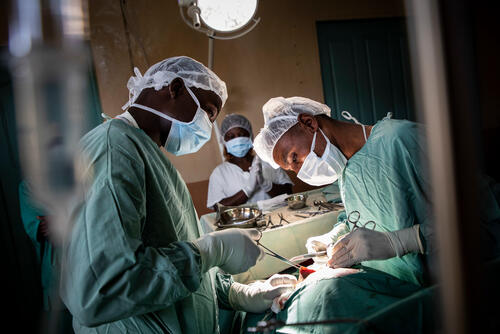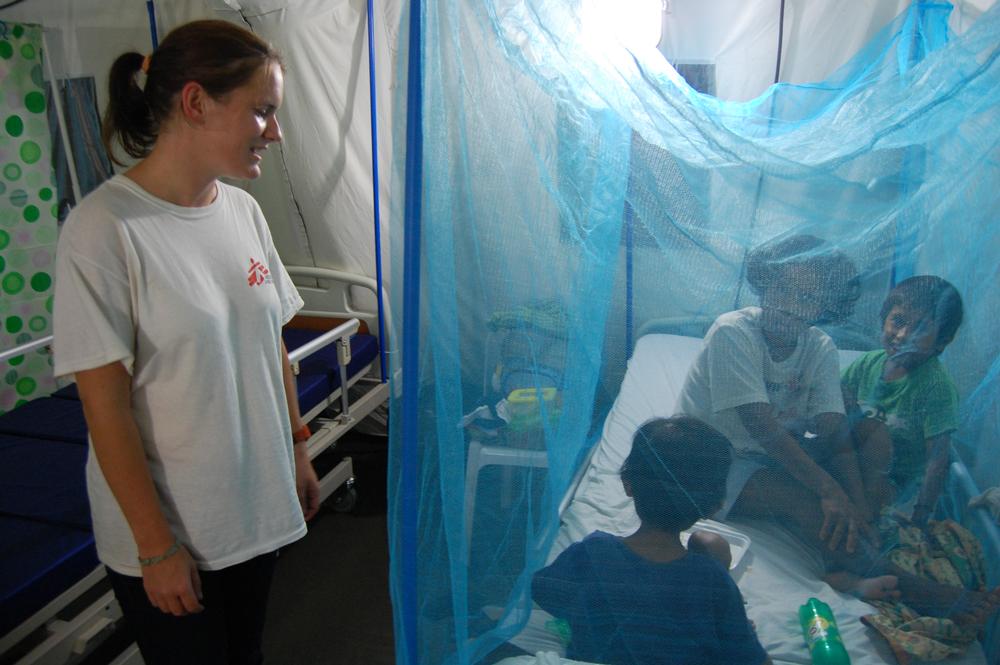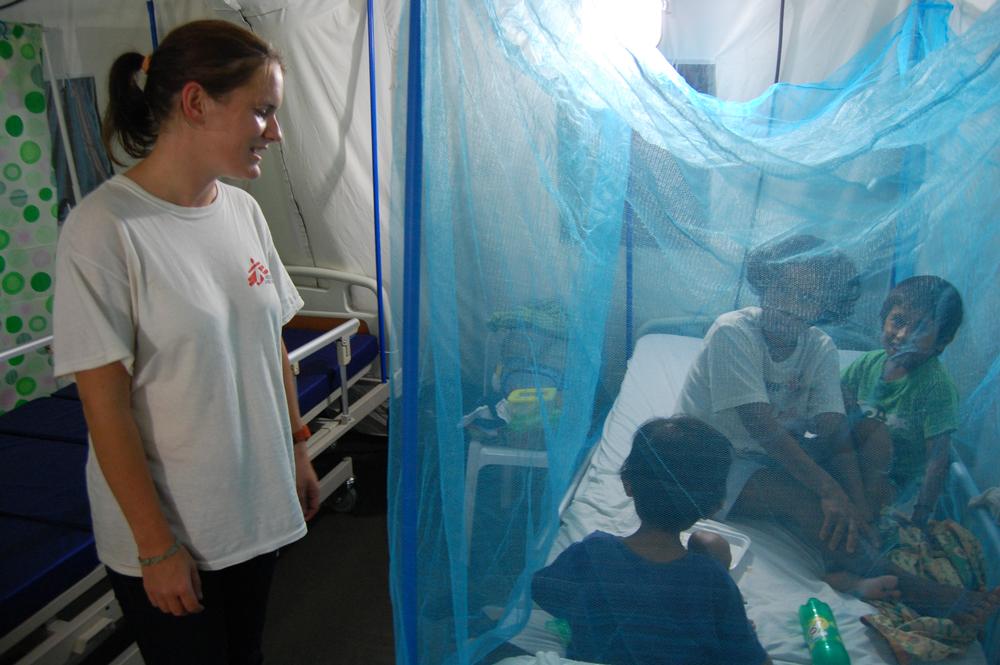If you have just listened to Adam Buxton's podcast featuring MSF UK's executive director Dr Natalie Roberts and want to find out a bit more about MSF, you've come to the right place.
MSF is an international humanitarian organisation providing medical care in more than 75 countries.
Since 1971, we have been treating people caught in complex crises and chronic healthcare emergencies around the world.
From our paediatric nurses to our off-road drivers, we are experts at working in fast-moving and highly-insecure environments. So, whether it's launching a rapid response or delivering community care, we go wherever we are needed most.
Medical care where it's needed most
Help us care for people caught in the world's worst healthcare crises.
What are MSF teams doing right now?
MSF is an independent, impartial and neutral organisation. We focus on filling gaps in healthcare and going wherever that need is greatest.
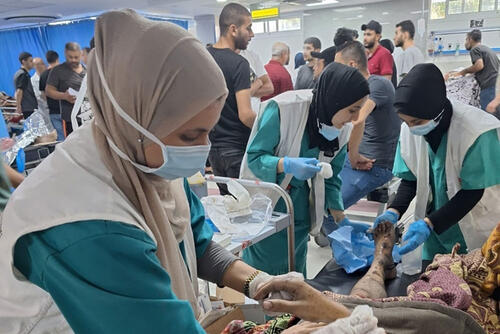
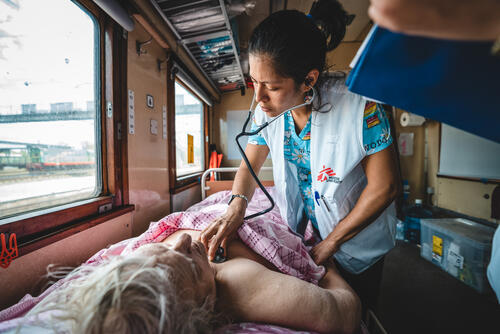
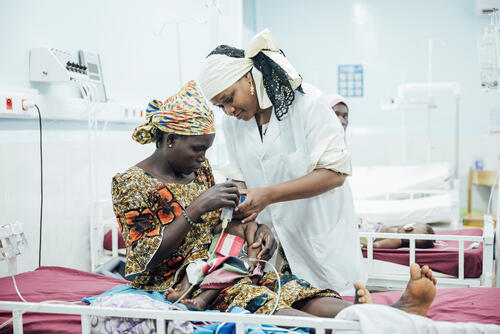
How does MSF spend money?
We are a global movement of nearly 52,000 people from over 160 countries. From surgeons to warehouse managers, in 2024 more than 42,000 of our staff were hired locally from the places we support.
79p
OF EVERY £ DONATED GOES TO MEDICAL OPERATIONS
£6.32
RAISED FOR EVERY £ SPENT ON FUNDRAISING
8p
OF EVERY £ DONATED SPENT ON UK GENERAL SUPPORT COSTS
How can I stay up to date?
Get Frontline, our monthly email newsletter
Join our team of over 60,000 Frontline subscribers and stay up to date with the world’s most important humanitarian crises.
You'll receive:
- All our latest news and the stories that matter the most
- Urgent updates and disaster appeals
- Personal accounts from our staff and patients around the world
- Event invitations and unique opportunities to get involved
You can unsubscribe at any time and we'll never sell, swap or share your details with anyone else. Ever.
